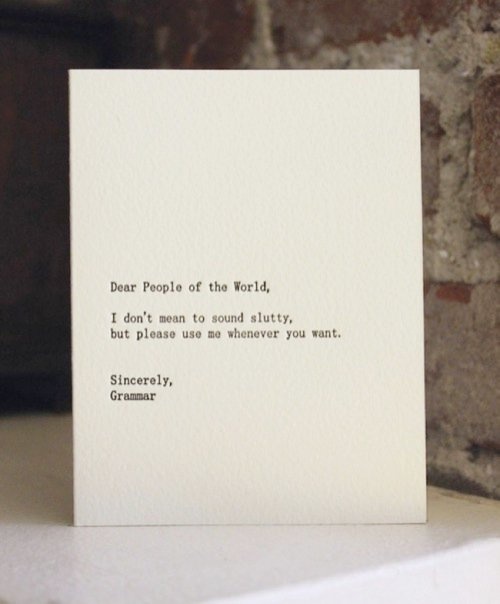The book market is a mess and the second hand book market is even weirder. As a buyer the second hand books on Amazon are amazing as many hardcover, good condition books are listed at a penny $0.01 of course the shipping is added to this but at $4 a book this is still a sweet deal. After buying the 5 volume History of Private Life and having it shipped to my house for a total of $20 dollars I tried to figure out how it was even possible.





The massive set consisted on Volume I: From Pagan Rome to Byzantium, Volume II: Revelations of the Medieval World, Volume III: Passions of the Renaissance, Volume IV: From the Fires of Revolution to the Great War, Volume V: Riddles of Identity in Modern Times. Its authors are respected historians and the weight alone makes this an impressive purchase.
Naturally it made no sense and I was at a loss to how it worked. Finally, after Googling, I came across this thread. Its from 2012 but it throws some light on how the whole thing works.
In brief:
A seller lists a book for $.01
Amazon collects $3.99 from the buyer and gives $2.66 ($.01 + $2.64 shipping allowance) to the seller. (The $1.35 ‘closing fee’ is subtracted from the shipping allowance by Amazon)
The seller is a ProMerchant, so doesn’t pay the $.99 fee (but does pay $40 per month to be a ProMerchant).
The 15% fee on 1 cent is zero.
The seller pays $2.38 or $2.88 in postage for a 1 or 2 pound package (or less, if it is very light weight and can go First Class. Much less if the penny seller is high volume and uses Bulk Mail).
The seller cost for the book is zero, because he got it for free somehow.
The seller used recycled packing materials, so those cost nothing, too.
The seller ends-up with $.27 (if it’s 1 pound media mail) in a domestic shipment (a bit more if it’s mailed using Bulk Mail).
The seller is happy with his “profit”.
Amazon ends up with $1.35 from the shipping.
Amazon is even happier than the seller.
Its not exactly big bucks but it does explain a little more how 1penny books can be sold at a (sort of) profit.

